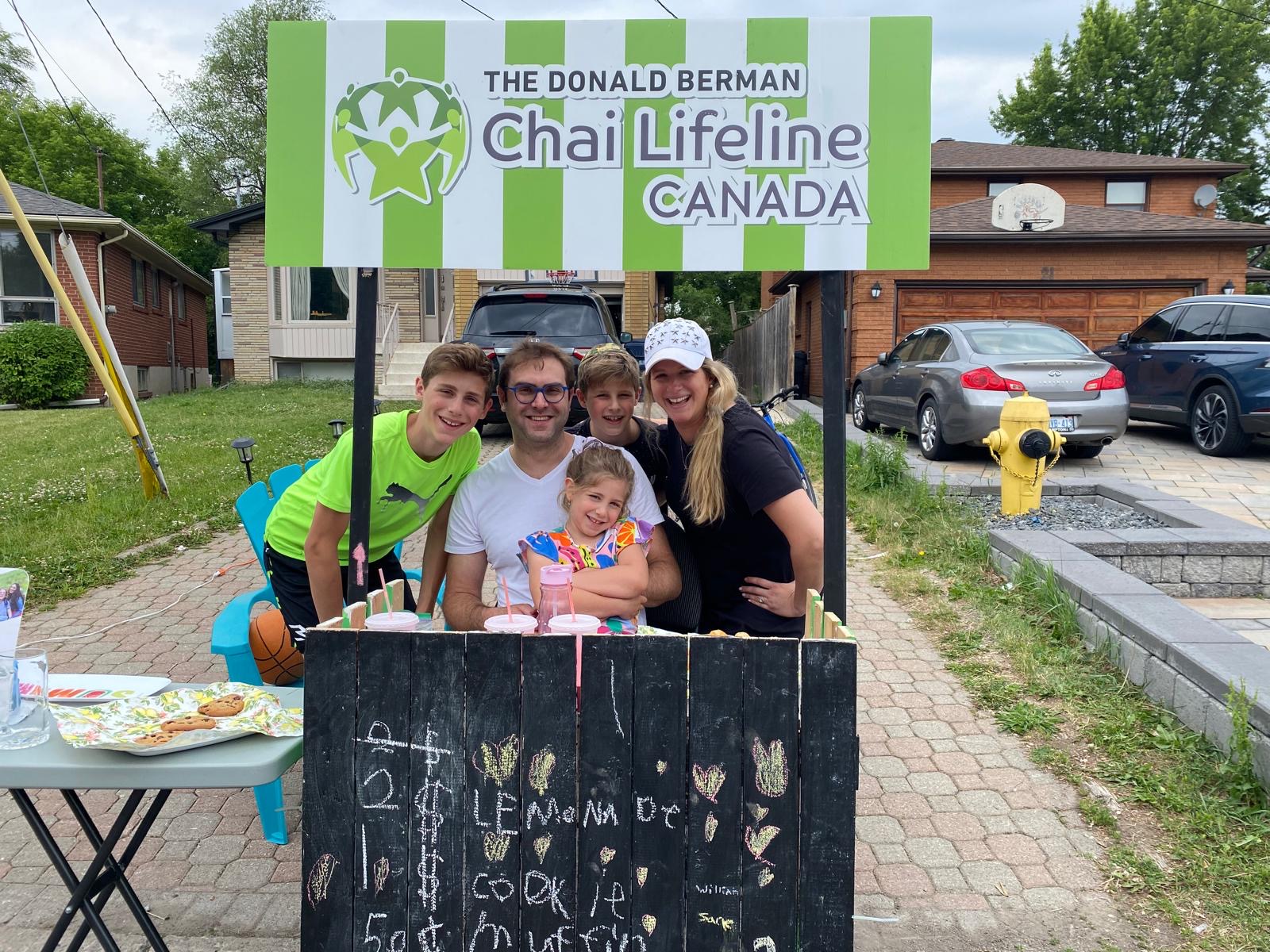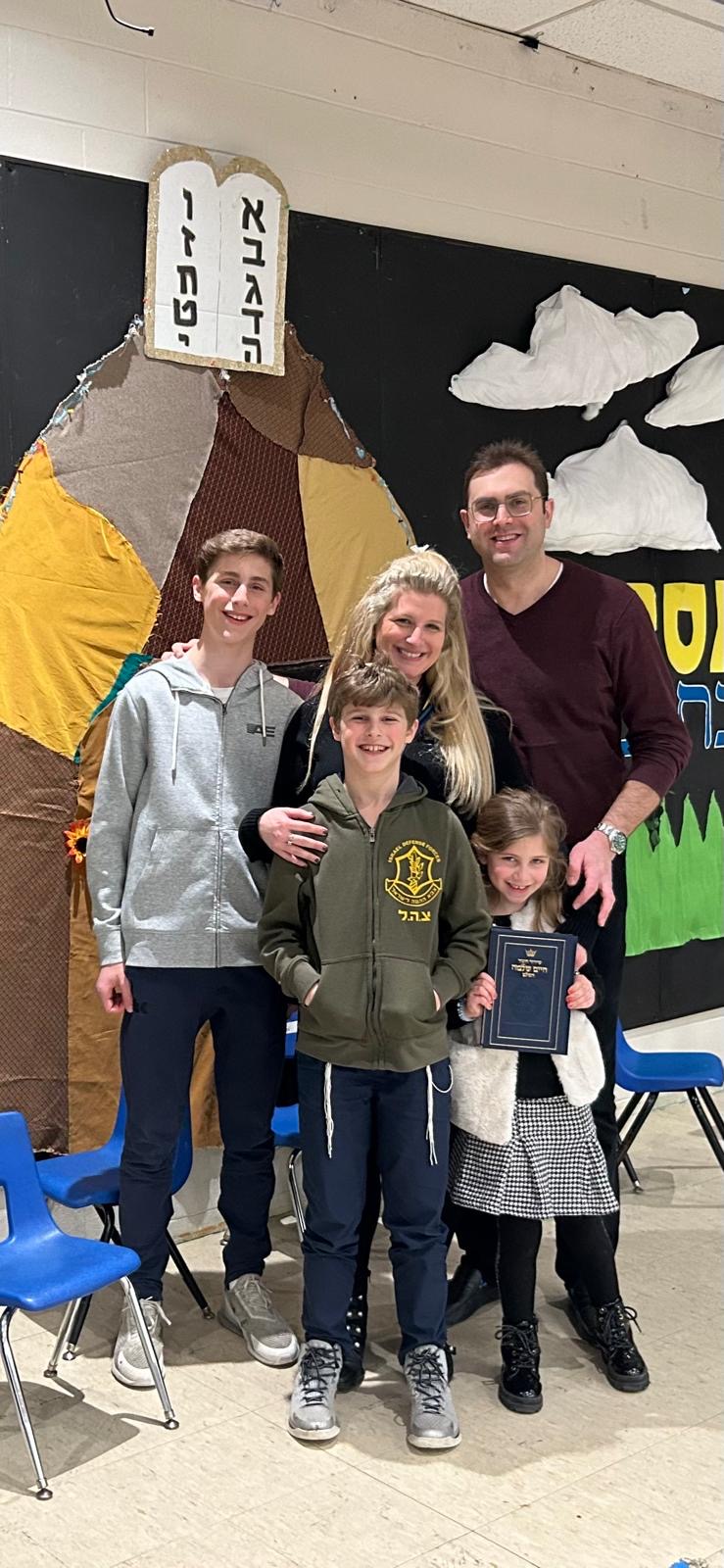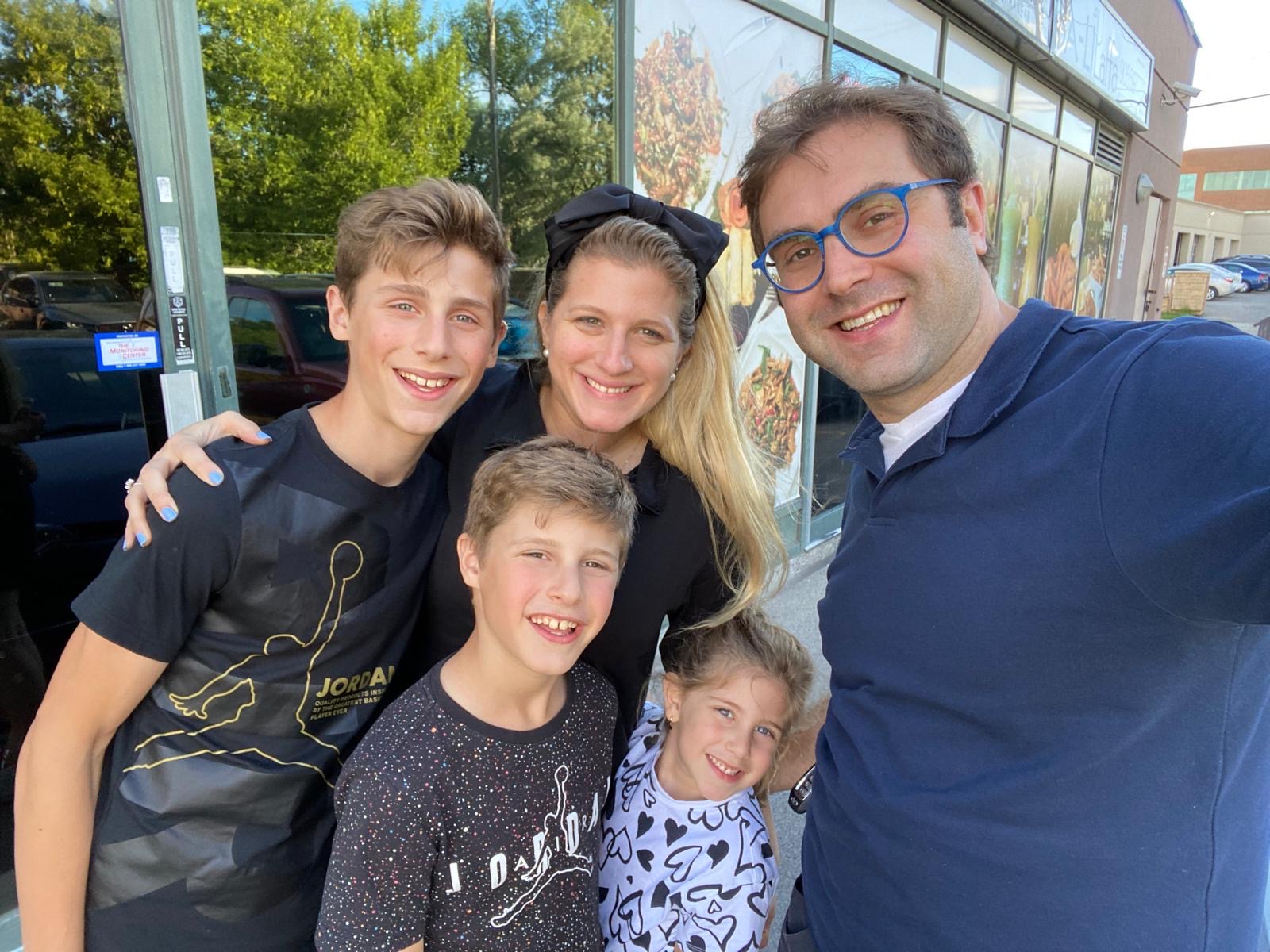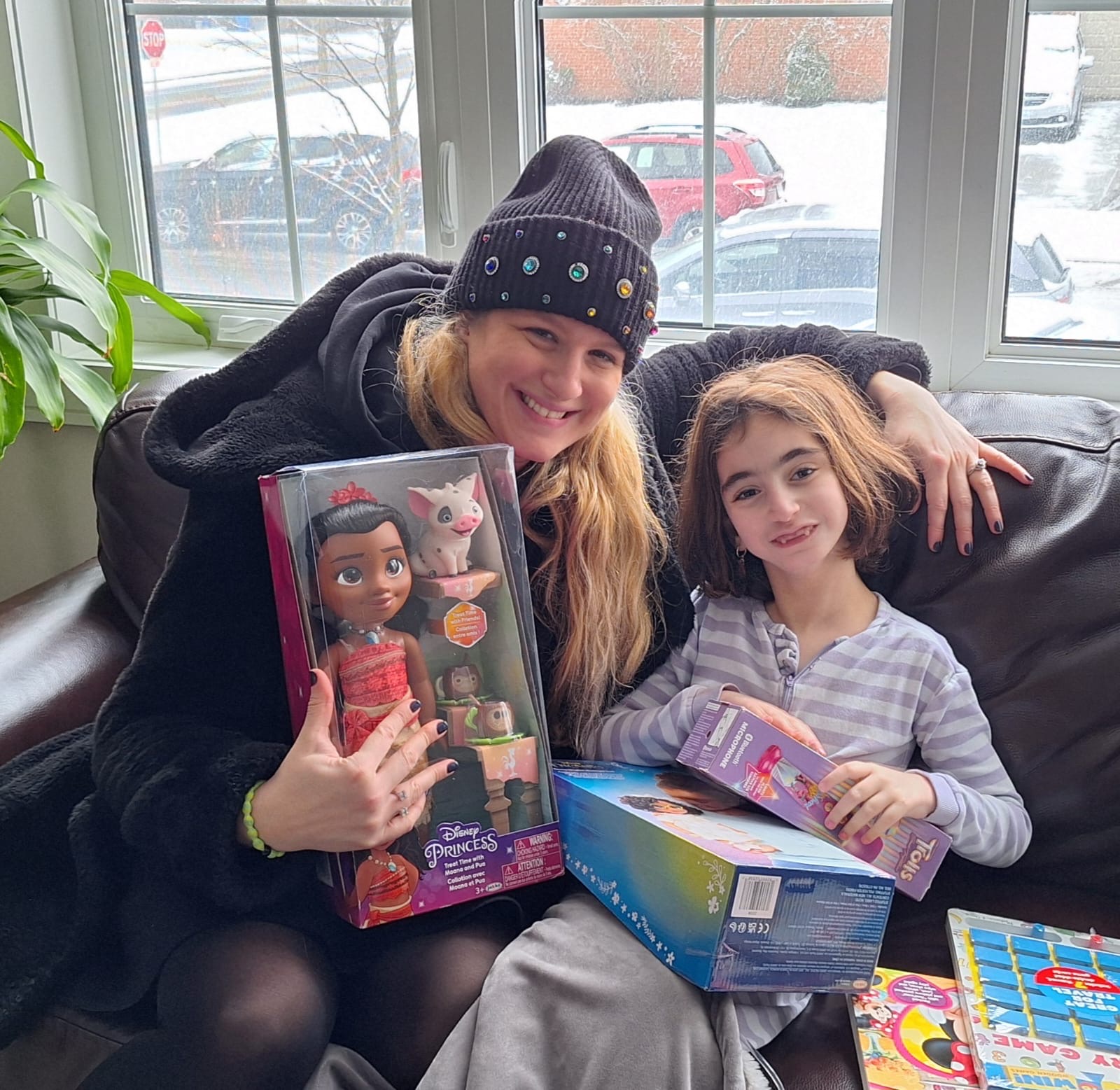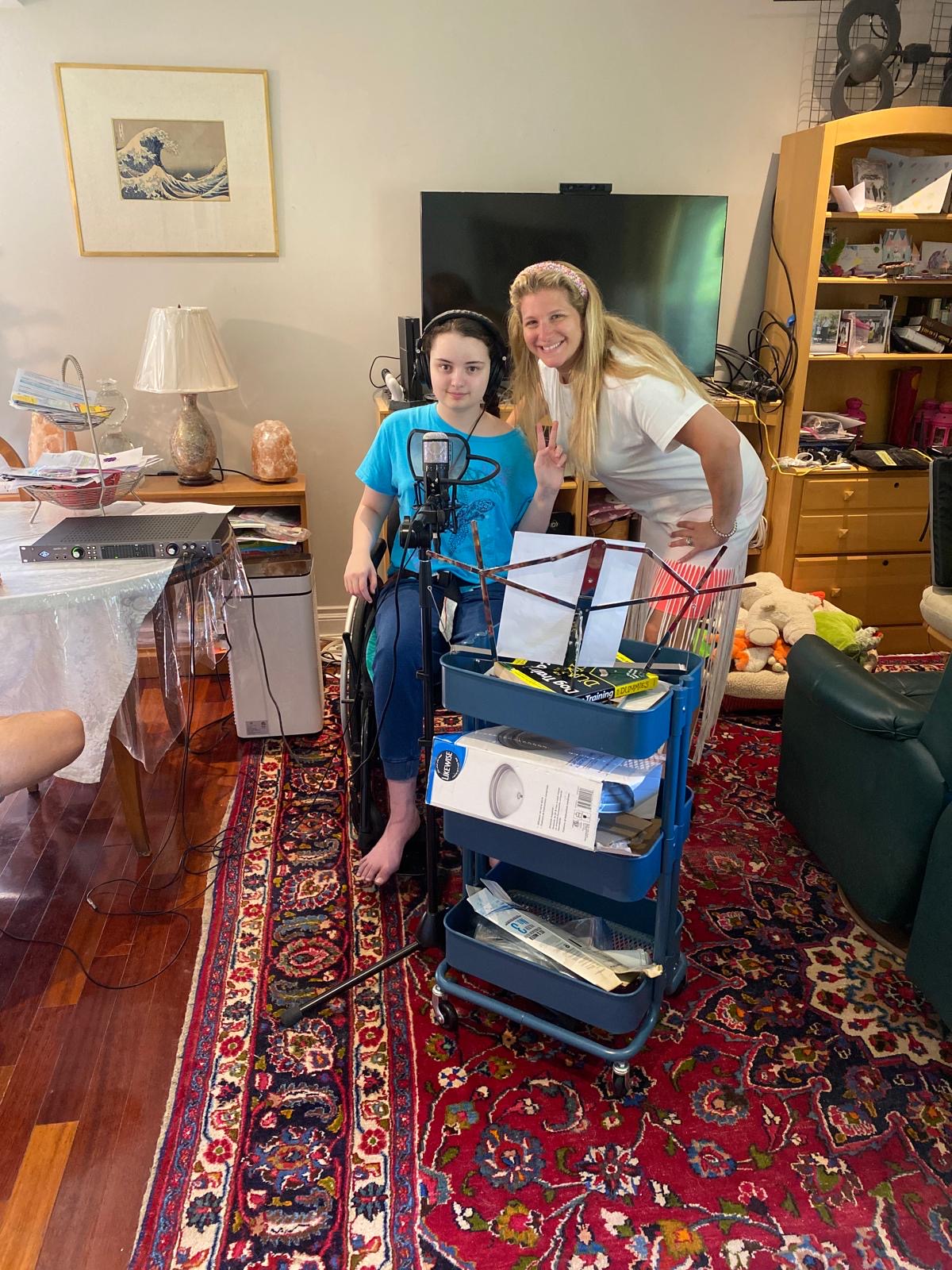Jennifer Gelberger
“What energizes me at work is that, even after 11 years working with hundreds of families, every day is different. I am never bored and always working at a fast pace. Often the most impactful support or service we provide, is not what you would think. Sometimes it’s about bringing a specific food to a child who has had no appetite and suddenly has a craving. Or bringing the perfect toy or activity to help pass the time. Other times it’s sitting and sharing space with parents as they watch their children suffer in pain. Some days I get to spend my time mostly with kids, and other days I’m talking to their parents.
I am often asked if I am immune to all the pain and suffering, and the answer is no. I still cry sometimes. There are days I cry on the way home from the hospital and others when I come home and can’t stop hugging and kissing my children. I’m a sensitive and empathic person – which is possibly my greatest strength and definitely what drew me to this career. But it also can make it challenging. It allows me to be authentic, and my clients know I care deeply for them.”
Jennifer Gelberger, a case manager at Chai Lifeline Canada, expresses she is still inspired all the time. “People think working at Chai Lifeline must be really sad, but it is so much more. I see families, friends, community members and many times strangers bend over backwards to support someone in need. There is something everyone can do to get involved. I have even had nurses at Sick Kids from other minority groups ask me to advise how they can start something like Chai Lifeline within their own communities! Whether it’s fundraising, or packing boxes, or visiting, there are volunteer opportunities for everyone. Speaking from experience I can assure that often the giver gets more than the receiver.
Recently I was asked, “Jen, I don’t get how you do this day in and day out?” The honest answer is, ‘I know and I believe that these people would be in this situation with or without me. Unfortunately, I have no control over who gets sick, why they get sick, what their diagnosis is, or what their prognosis is. Some people think they’ll have an easy treatment and it ends up being really complicated, and some have a bad prognosis and it ends up being okay. I have no control and I’m humble enough to understand that. The only thing I can do is positively contribute to an already extremely difficult situation. If a child is stuck in-patient for ongoing chemo or treatment and he can’t leave, while I can’t take him out of the hospital, I can make sure the family at home is okay. I can arrange dinners and make sure the siblings are looked after, which allows the parents not to have the added burden of feeling guilty for not being home. We arrange volunteers for kids at home and in hospital. I can bring him toys. It’s a privilege.”
“While I have seen a lot of sadness and been to too many funerals, I have also been able to share in special milestones, like kids ringing the bell to mark the end of treatment, or attending birthday parties or bar/bat mitzvahs of clients who I saw bed-bound. My role is much more than a job. I have the privilege to support people during the most difficult and challenging times of their lives. While I unfortunately can’t take away the pain or change the prognosis of a disease, I together with my amazing team and the volunteers, can make the process a lot more manageable. When I walk into the hospital room my hands are filled with amazing toys (many collected at Netivot) and treats and I can help to pass time and distract! Recently, a child went in for a procedure at Sick Kids and I sat and waited with the mom. We talked and I brought her a coffee and, after some time, the doctors came out to say the procedure was over and it went well. She gave me a big hug and, with tears in her eyes, she said “Jen, you are a professional distractor. By keeping me company you helped pass the time where I would have otherwise been pacing this hallway biting my nails off”.
Jennifer grew up in Chicago in a Zionist home and spent several summers in Israel. After majoring in Psychology at Stern college she went on to the top clinical program for social work at NYU. Majoring in Psychology was a natural choice for Jen as she always seemed to be the one friends and strangers alike would open up to. She met her husband Yehuda while in NY and they moved to Toronto, Yehuda’s hometown, after she finished her degree.
Jennifer and Yehuda have 3 children, all in Netivot.


